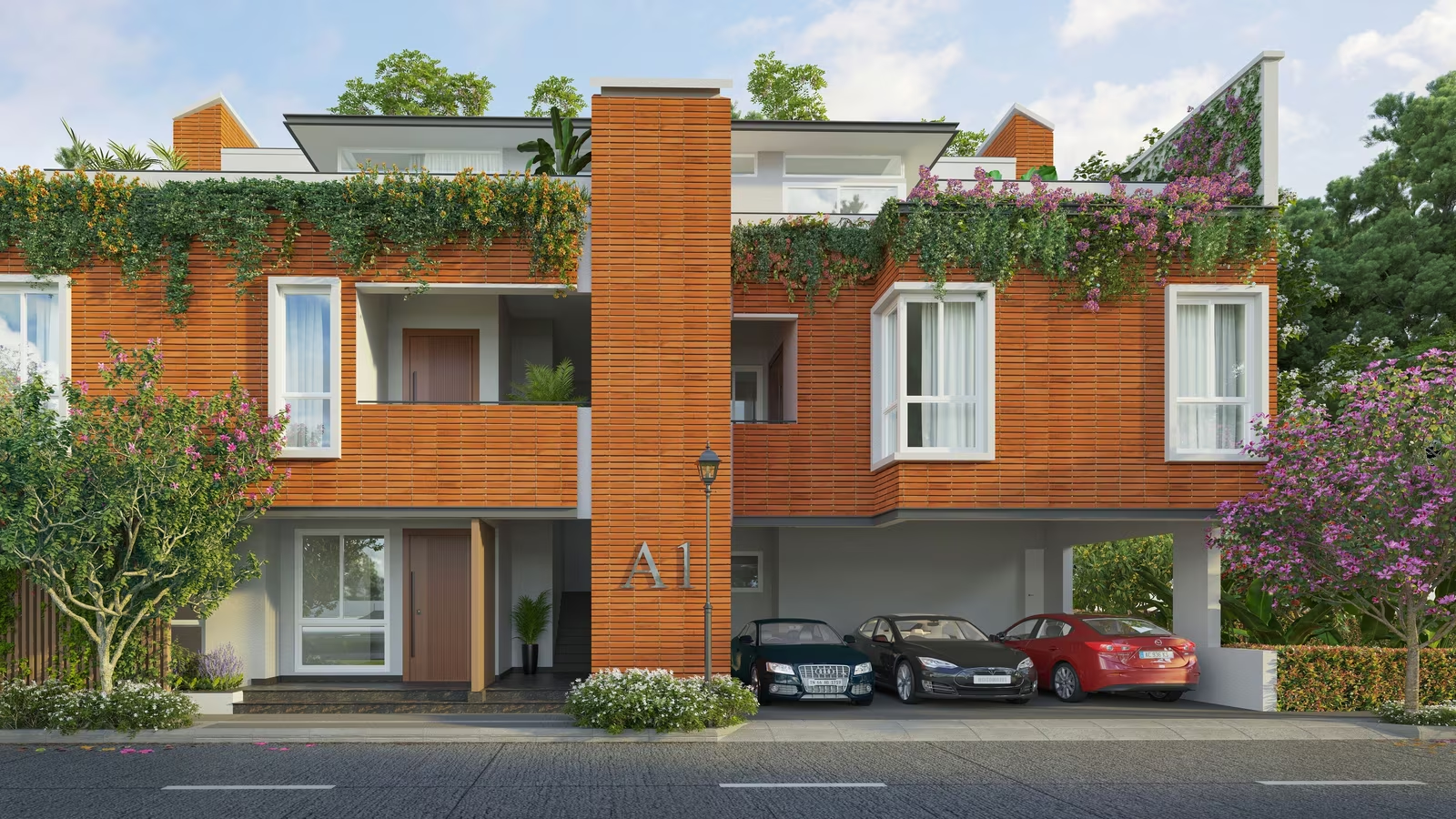Top Stories
THE STATE OF REAL ESTATE : PROPERTY RATES TO RISE MARGINALLY IN 2014




The real estate sector witnessed a number of challenges during the year 2013. While a drastic fall in sales across regions, dismal corporate earnings growth during the past two quarters worried developers, high retail inflation, rising interest rates, weak employment scenario in the sector and fluctuating rupee value kept buyers and investors at bay.
To curb inflation, the Reserve Bank of India (RBI) has been consistently raising the repo rate since September, nationalised bank State Bank of India and private banking majors such as HDFC Bank and ICICI Bank followed and raised their lending rates for retail borrowers, making the capital costlier. For the real estate sector, the upward revision in repo rate by the RBI has increased the pressure on real estate developers, who are already struggling to raise funds for construction amidst reduced lending from banks.
Amidst the global economic uncertainty, fiscal consolidation and the prevailing local market conditions have affected investor sentiments. Factors such as lack of professionalism, high degree of fragmentation in the market shortage of qualified professionals and a partial paralysis on the policy front have led to a decline in investments.
On the policy front, two announcements – the Real Estate Regulation Bill 2013 and draft guidelines on SEBI (REITs) Regulations 2013 have the potential to change the fate of the sector. If implemented, these will not just bring greater transparency in the sector but will also help boost investments in the sector. However, their enactment as a law may take time.
On account of these factors, the housing prices are expected to move up marginally in 2014. The current negative sentiment impacting the real estate market will continue to affect it even in the next six months till the general elections last in April-May 2014.
The price hike will not be in the manner that we all witnessed in the last decade, when investing in property meant huge returns on account of the capital appreciation.
• On the policy front, two announcements – the Real Estate Regulation Bill 2013 and draft guidelines on SEBI (REITs) Regulations 2013 – have the potential to change the fate of the sector.
• In the current market, factors such as lower sales, poor availability of funds, high cost of raising fresh equity for construction will not only keep the prices under control but will also put the industry under pressure to push sales through various customer friendly marketing schemes. This would also help them to generate cash flows for their ongoing projects.
• The price hike will not be in the manner that we all witnessed in the last decade, when investing in property meant huge returns on account of the capital appreciation.
• In the future, both rents and the capital values will continue to hold up on account of high retail inflation and rise in key policy rate.
In the current market, factors such as lower sales, poor availability of funds, high cost of raising fresh equity for construction will not only keep the prices under control but will also put the industry under pressure to push sales through various customer friendly marketing schemes. This would also help them to generate cash flows for their ongoing projects.
Talking about the segment wise performance, while the residential sales have gone down, the commercial segment has been lagging on account of an oversupply situation in certain key markets.
The supply of commercial spaces has grown relatively faster than the demand in the past 10 months. Due to an oversupply situation in certain key markets, the capital values of office spaces have bottomed out. Rents on the other hand have remained stable or flat. Sentiment of occupiers has been hit on account of deteriorating levels of growth in the economy. But in the future, both rents and the capital values will continue to hold up on account of high retail inflation and rise in key policy rate. If the situation continues to be as it is now, there could be a drop in transactions in the commercial segment and vacancy rate, especially across the office sector, will increase further. Going this way, it would take at least a year for sentiment to revive.


On the residential front, most of the demand is in the `3,500-5,500 per sq ft segment. However, going forward the supply situation will remain subdued due to the deferred completion of a number of new projects and reduction in number of launches across mid-income and premium segments. Supply levels are likely to improve in the second half of the year 2014.
Till then, the decline in number of launches will help property owners to firm up their rents and also help new sellers in the resale market to demand more in capital value terms. In the coming year, for the first six to eight months, growth momentum may not be the same as it used to be during boom period between 2006 and 2008. However, economic indicators suggest that market is poised for growth in the second half of the year after the general elections last in April-May 2014. Buyers can be cautiously optimistic of a healthy recovery in the real estate market, as existing conditions favour long term investment horizon. While there may not be any corrections, buyers can bargain for some discounts on the quoted rates in new launches.
-



 News4 weeks ago
News4 weeks agoKW Delhi 6 Mall Onboards New Brands
-



 News4 weeks ago
News4 weeks agoManasum Senior Living Launches IKIGAI GOA, A Senior Living Community in North Goa, in collaboration with Prescon Homes
-



 News4 weeks ago
News4 weeks agoBridging India Divide: Top 5 Tier- 2 Cities to Focus On
-



 News4 weeks ago
News4 weeks agoCommercial Realty Gets Tech Savvy: Fast Construction, Enhanced Convenience
-



 News3 weeks ago
News3 weeks agoGodrej Properties Sells Rs 3k cr+ Homes of Godrej Zenith, Gurugram, within 3 days
-



 News4 weeks ago
News4 weeks agoMultipoint Connection – A Definite Boon
-





 News3 weeks ago
News3 weeks agoRBI’s Status Quo on Key Policy Rates to Help Maintain the Real Estate Growth Momentum, Say Industry Stalwarts
-



 News1 week ago
News1 week agoOlive Announces Dhruv Kalro as Co-Founder

























